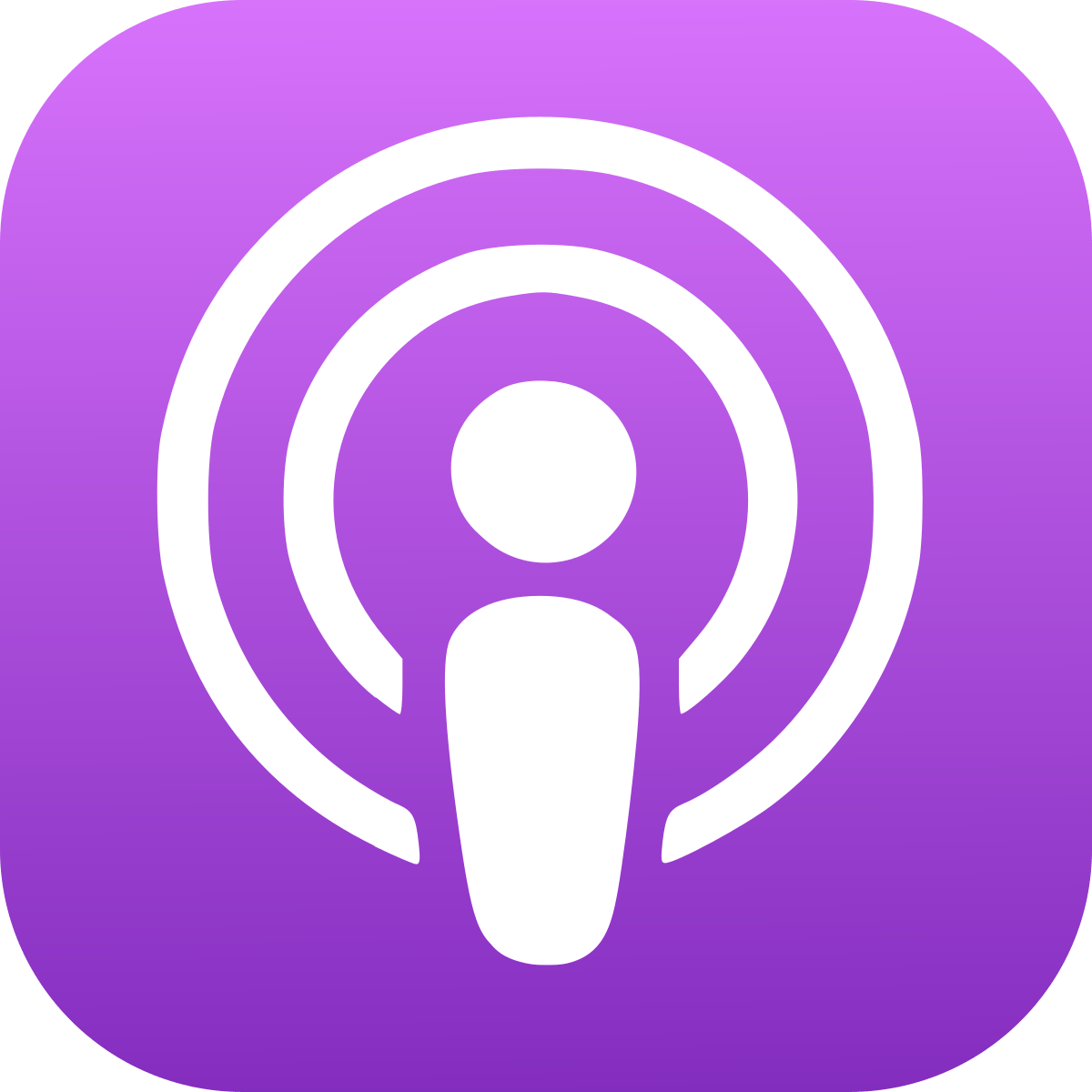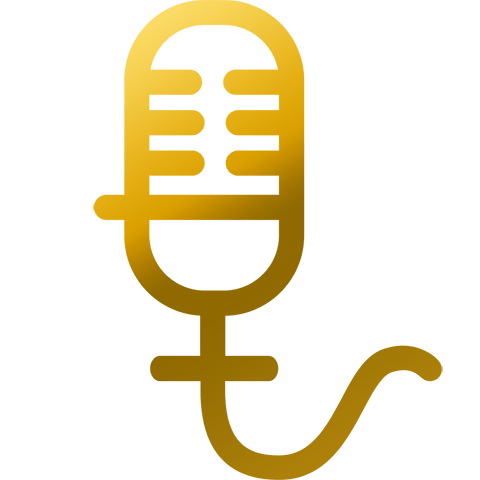Michael Hallsworth: From MINDSPACE to EAST
In this episode, we spoke with Dr. Michael Hallsworth PhD, the Managing Director of the North American Behavioral Insights Team. We met up with him at his office in Brooklyn which gave the audio a bit of an echo-chamber vibe.
Michael was an early member of the UK’s Behavioral Insights Team. Along with Paul Dolan, Dominic King, Ivo Vlaev, and David Halpern, Michael created MINDSPACE in 2009 and later, the EAST model. Both are mnemonic tools for remembering key elements of behavioral science.
To ensure that everyone is comfortable with the MINDSPACE and EAST models, we recommend this link to an overview from the Behavioural Insights Team: https://www.behaviouralinsights.co.uk/wp-content/uploads/2015/07/BIT-Publication-EAST_FA_WEB.pdf. The paper is brief, informative, easy to read and offers one of the best explanations on how to apply behavioral insights we’ve read. However, in quick recap form, the mnemonic MINDSCAPE stands for:
Messenger. We are heavily influenced by who communicates information
Incentives. Our responses to incentives are shaped by predictable mental shortcuts such as strongly avoiding losses
Norms. We are strongly influenced by what others do
Defaults. We “go with the flow” of pre-set options
Salience. Our attention is drawn to what is novel and seems relevant to us
Priming. Our actions are often influenced by sub-conscious cues
Affect. Our emotional associations can powerfully shape our behaviors
Commitments. We seek to be consistent with our public promises and reciprocate acts
Ego. We act in ways that make us feel better about ourselves
EAST is an updated and simplified version of MINDSPACE. EAST is a powerful tool because it is so easy to remember and it stands for:
Easy. Harness the power of defaults; reduce the ‘hassle factor’ of taking up a service; simplify messages
Attractive. Attract attention; design rewards and sanctions for maximum effect
Social. Show that most people perform the desired behavior; leverage the power of networks; encourage people to make a commitment to others
Timely. Prompt people when they are likely to be most receptive; consider the immediate costs and benefits; help people plan their response to events
Michael is a relentless researcher. He never fatigues of testing new ideas or recycling old ones and he’s open about situations where replications of his earlier studies worked well and not so well. His candidness about his successes and failures, when it comes to replicating results, is a breath of fresh air in the scientific community. To highlight this fact, we discussed how changes to the format of the letter used by the British tax authority to collect taxes from delinquents generated great results. However, when he applied the same approach to collect dues in Albuquerque, New Mexico with a different audience, the formality effect failed miserably.
Michael shared his observations on framing, political systems, confirmation bias and motivated reasoning. All are prominent in the world today, increasing our need to pay attention to them and to be aware of their effects on our decisions and behaviors.
He also shared two tips on how to prepare to conduct a study. He teed these two up in a fashion that was highly intentional, so we recommend following his direction if you are interested in conducting a study of your own.
- Pay attention to details as the human condition (and our world) is complex
- Ask for written predictions from the experts prior to collecting data – hindsight bias is a powerful effect
We also discussed how Michael came to play piano “quite late” as a child because, unlike many kids who are thrown into piano lessons, he volunteered to study the instrument. Quite simply, he loved music and still does. He still plays a bit today at holiday gatherings and when he’s in close proximity to a piano. Also, he introduced us to a band neither of us had heard of – Okkervil River. A very chill Americana band out of Austin, Texas.
That led us to discuss Texas bands and Texas music festivals in our Grooving Session. We remind listeners of 3 great Texas-born songwriters, Willie Nelson, Stevie Ray Vaugh, and Buddy Holly and discussed how the festival known as South by Southwest (SXSW) has become a highly commercialized event in Austin. Is it still fun, entertaining and rewarding for music fans? Certainly, but it’s become a corporate marketing event and is a bit overwhelming for those hoping to the next musical superstar in a small saloon.
We hope you enjoy our discussion with Michael Hallsworth, PhD.
Check out our website, www.behavioralgrooves.com if you’re interested in more episodes. And stop by the Podbean hosting site if you’d like to see the episode notes with all the live links in it. The complete and original version is located at https://behavioralgrooves.podbean.com/.
Podcast: Play in new window | Download
AIRDATE: December 3, 2018 EPISODE 41
Podcast: Play in new window | Download
Michael Hallsworth: From MINDSPACE to EAST
Featured Guest












